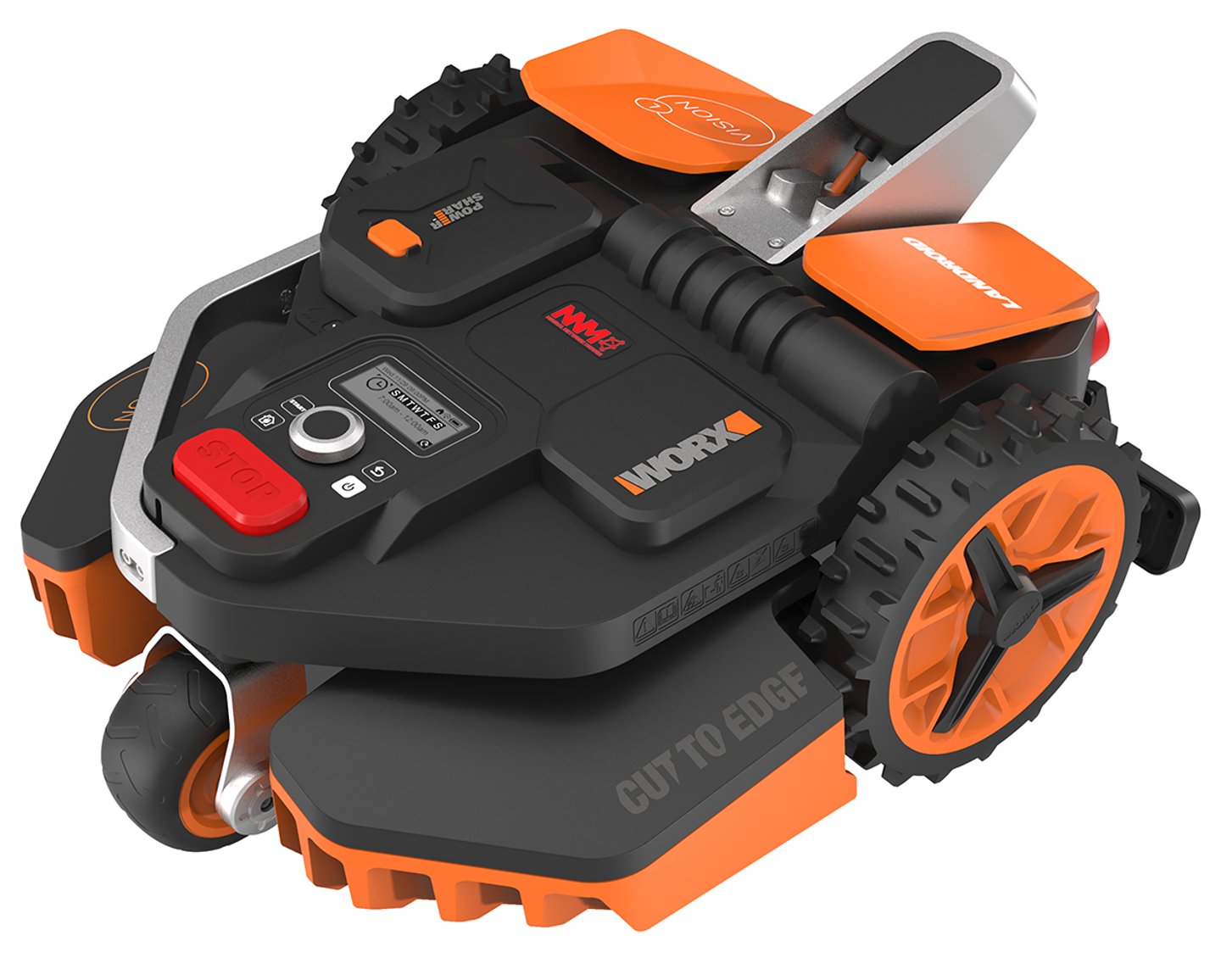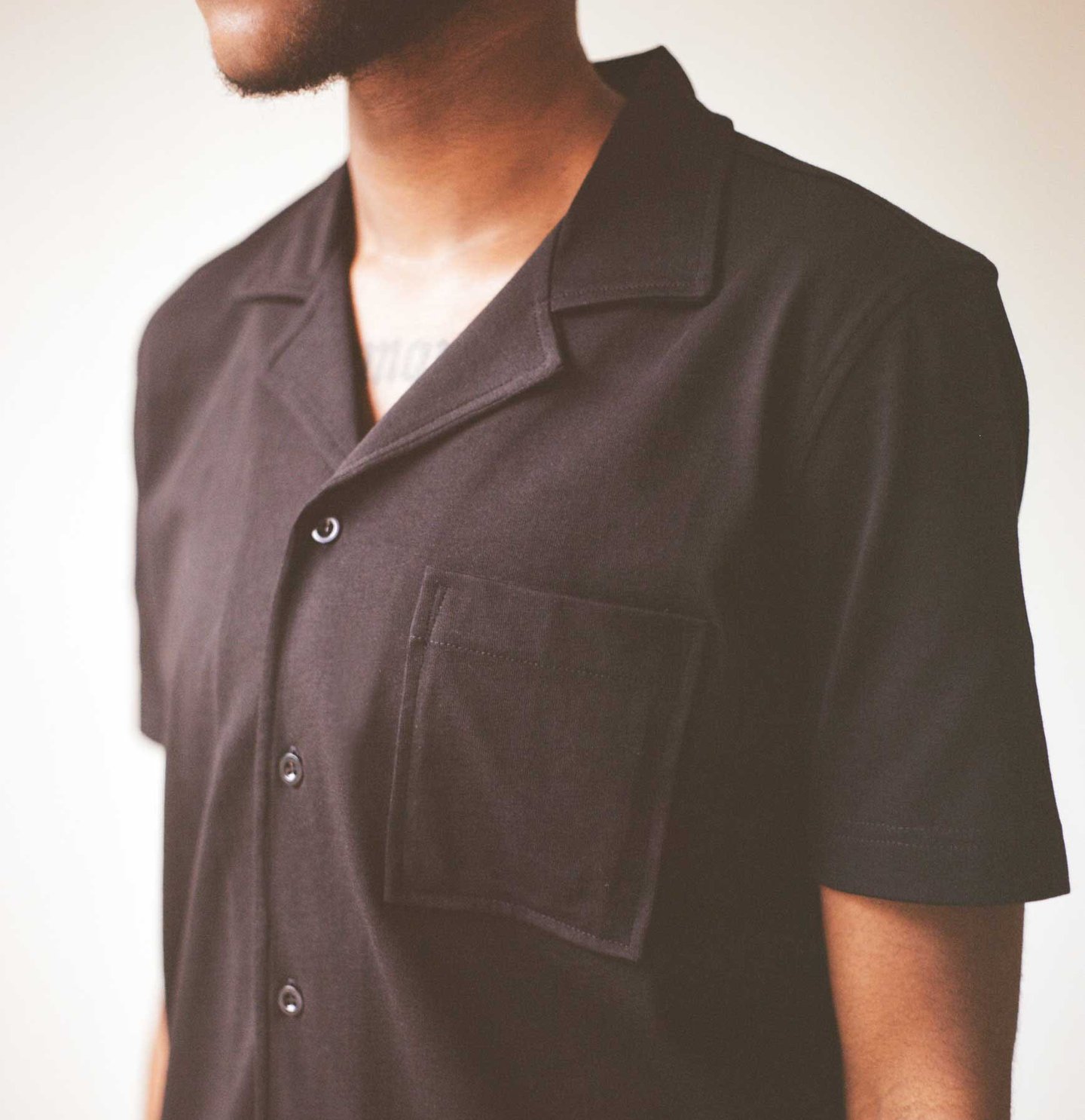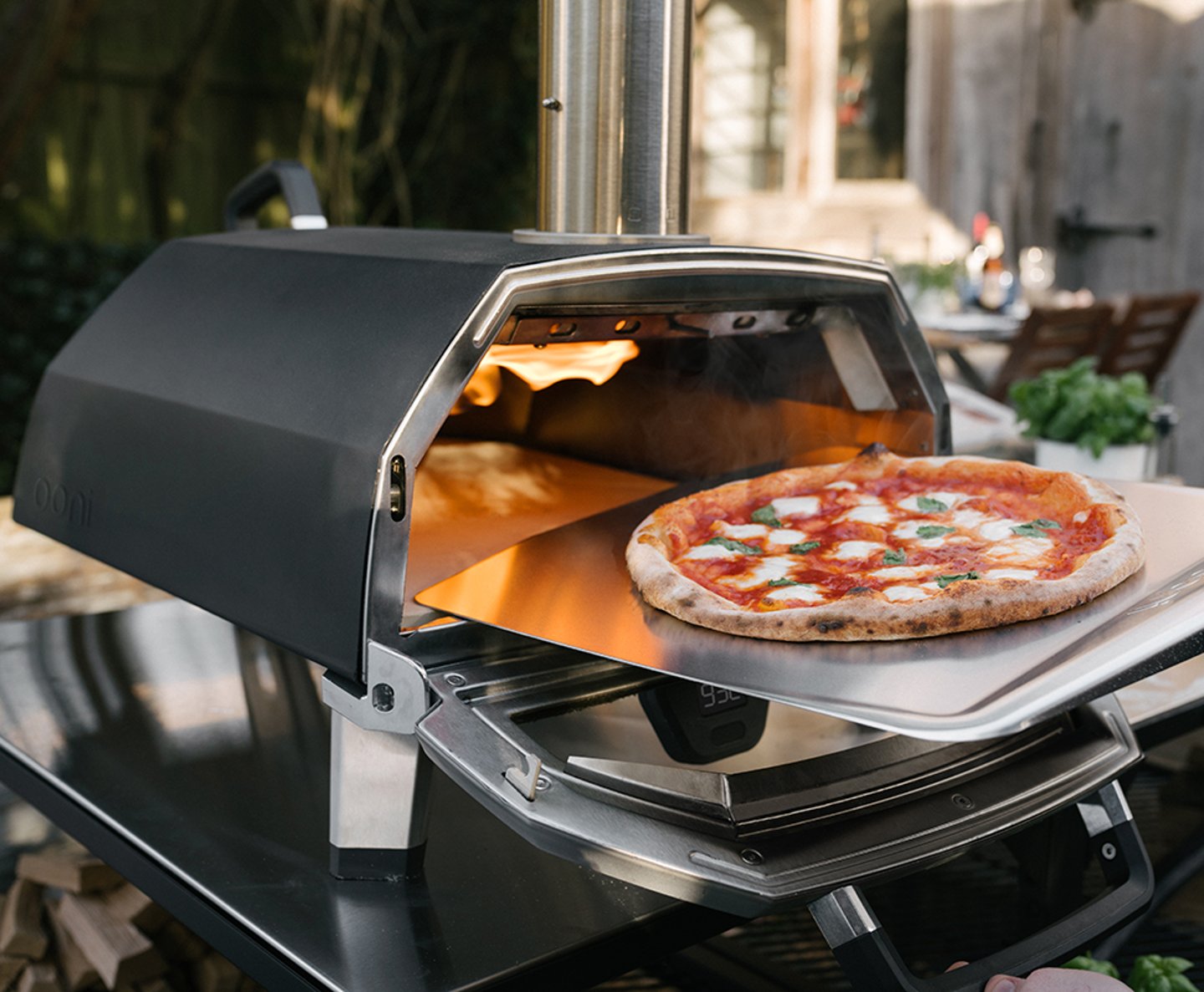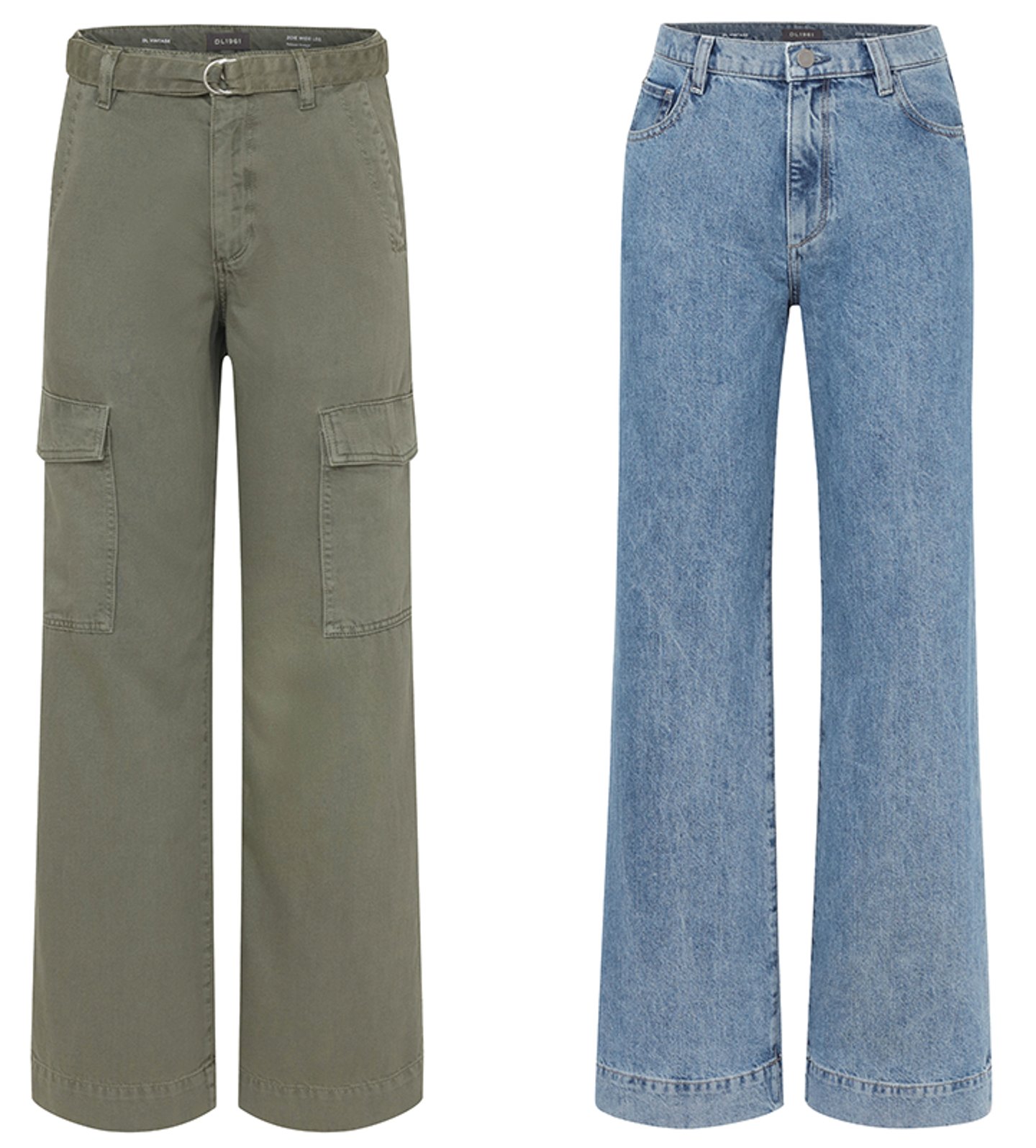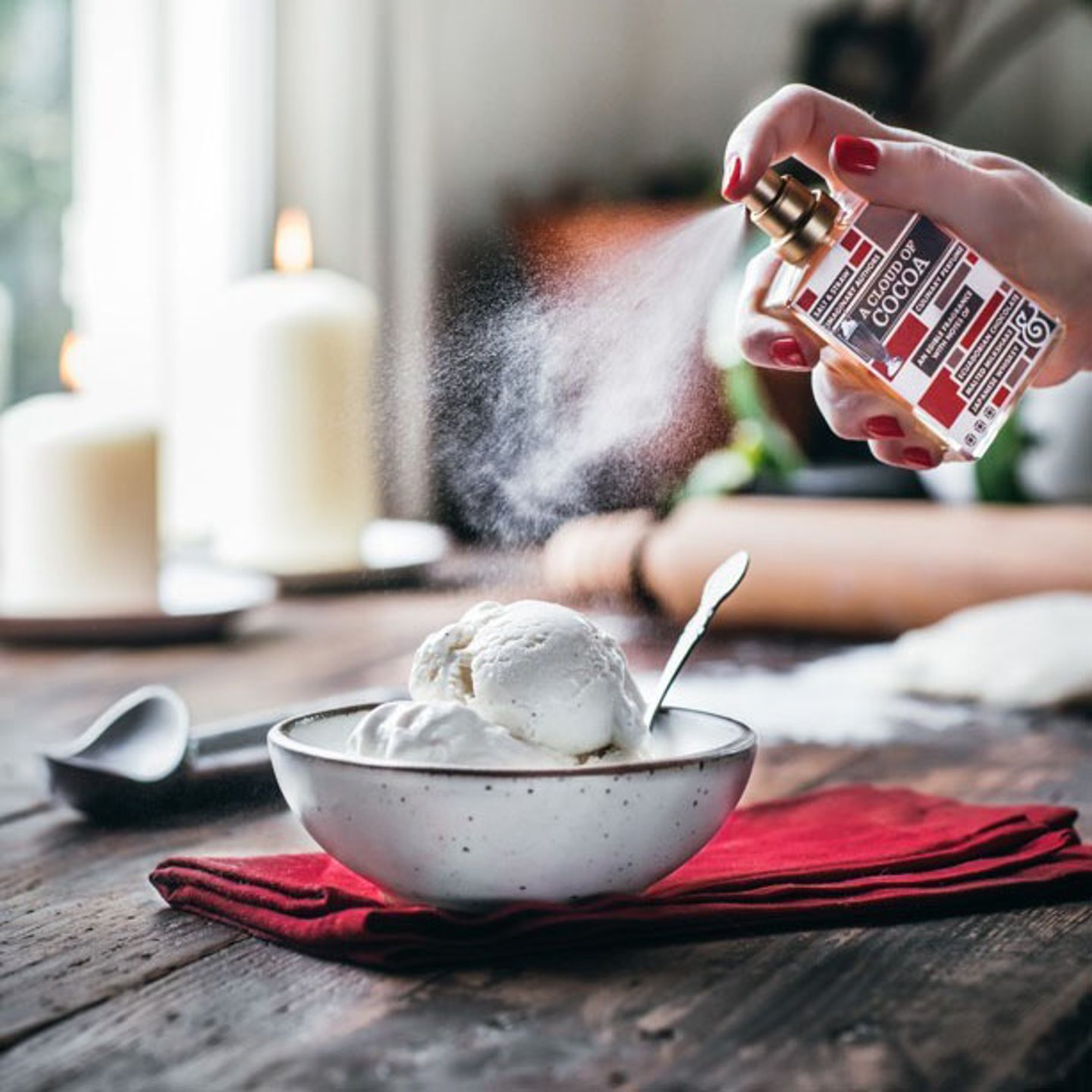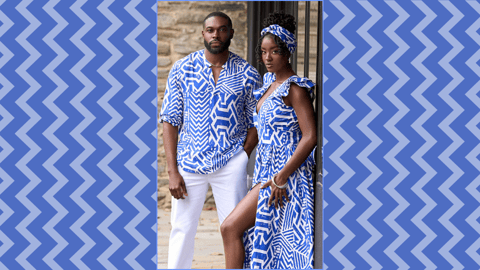Emerging Innovation: Meet 6 Standout Consumer Goods Brands
While a great deal of the spotlight often shines on massive consumer goods companies, it’s the smaller brands that today’s executives at global organizations often look to for inspiration. Unburdened by less red tape and fewer legacy mindsets, these brands are often afforded more freedom to be more nimble and experimental — and to forge a closer connection with consumers.
Presented here are a range of emerging brands that are being innovative through technology, whether that's via consumer engagement, product innovation, operations, and more.
Worx
American homeowners are starting to learn what many European countries have already figured out: There’s no reason to suffer the summer heat to do yardwork when a robot can do the job for you.
Just as the Roomba revolutionized vacuuming, Worx’s robotic lawnmowers are hoping to transform lawncare. The company’s latest innovation, the Landroid Vision (shown at right), makes things easier than ever.
“We joke around internally that if you have to interact with a robot, is it truly a robot?” Todd Zimmerman, VP of product at Worx, tells CGT. “We want to bring more convenience and ease of use to the field.”
Robotic mowers tend to cost about the same as a rider mower — somewhere in the $1,000 to $1,500 range — but in the U.S., they represent less than 5% of the U.S. lawnmower market. Part of the reason for that is existing models require owners to install boundary wire as a perimeter marker. The Landroid Vision, though, uses an onboard sensor and camera array that communicates with the mower’s neural network to avoid obstacles (like rocks, hoses, and plant beds) and identify yard boundaries.
The company has spent the last two years developing the technology to translate camera images to its proprietary onboard processing system. Teaching a robot what is and isn’t grass (and what’s safe to mow over) isn’t as easy as it might seem.
There are also security and safety issues to refine. For instance, if someone is foolish enough to pick up the mower while it’s operating, it instantly shuts down; should someone steal the system, it locks down, requiring a PIN code.
Worx may not be as familiar as other names in the lawn care space, but Zimmerman says that’s not a concern for the company right now. “Sometimes, it’s okay to be No. 2, because you can gain an understanding of what people are frustrated with in the category and overcome those issues. … We want to bring more convenience and ease of use [to the lawn care industry].”
Both& Apparel
While there is an abundance of clothing options for cisgender men and women, the selections for transgender and non-binary people are significantly limited. Both& is looking to even the playing field a bit. Launched in 2020, this apparel company has the goal of bringing high-quality, properly fitting clothing to those communities.
While the fashion industry has historically relied on human creativity rather than technology, Both& has leaned into social media, especially when the company was in the formative stage. Co-founders Finn Shepard and Mischa de Stroumillo started an Instagram page, featuring images and quotes from trans people.
That attracted a lot of interest in the community, and Both& launched a web page with a survey asking people about the sizes of clothing they bought and where on their body that size would fit or not fit. Over 2,000 people took the survey — and Both& extracted the data to build its own fit and sizing system. It continues to iterate the surveys today as it works on new products.
The company is finalizing a $1 million seed round now and is in the process of creating a junior line for trans and non-binary kids who are entering puberty. “Looking back on my own experience, when my body started to change and felt inaccurate was the most challenging time of my life,” Shepard tells CGT.
Both& is a pure e-commerce company at present, and by mid- to late-spring, it hopes to offer a different sort of shopping experience for trans and non-binary customers than the one offered at other retailers.
“Innovating product for the community is just half of the puzzle,” says Shepard. “The entire traditional shopping experience is a disheartening one. A lot of my work has been about the user journey. If I go to an e-commerce site and look at a shirt, the model wearing it is a 6’2” white guy wearing a medium. Nowhere in the process am I able to extrapolate information that is useful to me.”
Ooni
Not too long ago, if you wanted a fresh-out-of-the-oven artisan pizza, your choices were either limited or pricy. These days, it’s a breeze — and you don’t even have to leave the house. Ooni, the maker of backyard pizza ovens (that sell for as little as $349), became a well-known name during the pandemic, with sales growing 300% to $70 million in 2020.
The company offers a range of ovens, which run on a variety of fuel sources, including gas, wood pellets, wood, and charcoal. The most recent, the Ooni Karu 16 ($799), has multiple fuel options and reaches a temperature of 950 degrees in 15 minutes, more than twice the temperature of a domestic oven. That lets owners cook a pizza in just 60 seconds.
While it’s a consumer goods hardware company, it operates like a tech startup, iterating frequently and offering new versions every year. (In 2022, it launched three new products and expanded into two new countries.)
It targets gadget lovers and foodies, rather than high-end professionals, counting on the fact that most people are comfortable with the basics of making a pizza — and once they’ve made one on an Ooni, they will explore more advanced techniques. To accommodate that, the company recently added an online grocery component to its website, letting customers buy things like San Marzano tomatoes and specialty flours and yeasts.
Ooni has had tech ties since its early days. The company, which set off to compete against home pizza ovens that carried price tags of $2,000 or more, launched on Kickstarter in 2012, pricing the oven at about $215. The founders, husband-and-wife Kristian Tapaninaho and Darina Garland, hoped to raise around $13,000. They made more than three times that amount — and the sales haven’t let up. Today, the team has grown from seven people to nearly 300 in the U.S, German, China, and Scotland.
“Taking [Ooni] to a bank manager to ask for money or whatnot would’ve been completely different,” says Tapaninaho. “You'd have maybe spoken to friends and family and raised some funds through that. But either of those, bank or family, they might bring money, but they don't bring the initial sales. So the difference there, at least with Kickstarter, was every penny that we got for the product wasn't just an investment in the success of it — it was actually sales, which gives you a different type of confidence to invest in the manufacturing.”
DL1961
Eco-awareness and technology come together in luxury denim brand DL1961, which creates jeans from recycled materials. Discarded t-shirts, underwear, plastic bottles, and more (sourced from landfills) are broken down and converted into new fibers, via a partnership with material sciences company Recover.
Those Recover fibers are weaved together with modal (a bio-based, regenerated cellulosic fiber obtained from beech trees), Tencel (a type of rayon made by dissolving wood pulp), and a small amount of elastane (adding stretch) to create new yarns, which are used to create DL1961’s products.
Proprietary technology and energy-efficient lasers give the new created denim a weathered look without using chemicals or an abundance of water. (The brand uses less than 10 gallons of water to produce an average pair of jeans, versus what it says is the industry standard of 1,500 gallons of water.)
In real-world terms, that means for every million pairs of jeans it creates, DL1961 says it saves roughly 530 Olympic-sized swimming pools of water and the CO2 emissions of the on-year electricity use of 1,600 people. That’s earned the company a lot of street cred with celebrity/fans such as Reese Witherspoon, Cindy Crawford, and Blake Lively.
In 2022, DL1961, which was founded in 2008, branched out, introducing a six-piece line of denim skiwear with luxury skiwear company Perfect Moment, adding a water-resistant wax coating to the recycled cotton to keep snow out and heat in. It also teamed with model Ella Richards (who also happens to be the granddaughter of Rolling Stone Keith Richards) to create a line of jeans that come with a QR code, allowing the owner to see exactly how much water and energy were used to produce that particular pair.
Salt & Straw
“Edible” and “perfume” are generally not terms you expect to find together, but Salt & Straw has never done things the traditional way.
The dairy-free ice cream mini-chain already had a strong cult following before it rolled out its latest mad-scientist product. With flavors ranging from bananas foster to strawberry honey balsamic with black pepper, the company is regularly introducing new offerings, using a proprietary method to wring every last ounce of butterfat content from the ice cream, giving the product its luxurious texture.
But culinary perfume was a different level. The idea was to enhance the ice cream experience, adding scent to a food that’s typically odorless. There are three aromas: “A Cloud of Cocoa,” “A Swoon of Citrus,” and “A Plume of Blooms.” For $65 a bottle, ice cream lovers can subtly alter the flavors of their desert, adding anything from lemons to Bailey’s Irish Cream, depending on what flavors you spritz. (And, if you’d prefer, the perfume can also be worn.)
It all feeds in to the growing demand among consumers for experimental and more personalized dining options.
“We’ve been stuck on sprinkles and whipped cream for the past 100 years,” Tyler Malek, the chain’s co-founder, said in a statement. “I’m fascinated with the fact that you can’t actually smell ice cream and that seemed like too big of an opportunity to just let lie.”
While ice cream may largely lack a scent, smell is a huge factor in people’s enjoyment of other foods. It can trigger memories that drive food decisions (which is why so many bakeries vent the smells from their ovens into the front of the store). By adding an aroma to ice cream, Salt & Straw could drive more customer adoption. Alternatively, it could convince people to buy more flavors to see how they differ with and without the perfume.
Portland, Ore.-based Salt & Straw, which was founded in 2011 and whose investors include Shake Shack founder Danny Meyer, has locations in California, Oregon, Seattle, and Miami. It relaunched its e-commerce channel just months before the pandemic, which gave it an alternate income source when on-premise sales slowed.
Paravel
The ecological footprint of most parts of the travel industry is a significant one, but this luggage company is more focused on sustainability. Paravel suitcases are not only stylish and a favorite of frequent flyers (and of Oprah, who named the luggage one of her “Favorite Things” in 2022), they’re carbon-neutral.
Each of the company’s travel accessories is made from recycled plastic water bottles. To date, the company has upcycled more than 5.5 million bottles, in fact, to create its Negative Nylon and Ecocraft Canvas bags. (The company also recycles zippers for the luggage and uses refabricated water cooler tanks and CD jewel cases to make its polycarbonate shell.)
That has offset nearly 17,000 tons of CO2 to date, according to its website, the equivalent of taking more than 3,600 cars off the road. In addition, the company plants trees in a partnership with the Eden Reforestation Project for every order placed, which has led to over 300,000 new trees — 14 times the number in New York’s Central Park.
Paravel was founded in 2016, but its focus on adapting technology to make it comprehensively sustainable didn’t start until two years later, when co-founder Indré Rockefeller took a trip to Antarctica with the Nature Conservancy to see the effects of climate change firsthand. When she returned, the company began re-evaluating its manufacturing process, supply chain, and shipping methods.
Aviator is the company’s flagship product, a line of carbon-neutral suitcases that offset the CO2 emissions from sourcing, manufacturing, freight, and delivery of the luggage in just one trip. The Large Cabana tote, which was a previous entry on Oprah’s list, is made from 30 recycled water bottles and is also carbon-neutral. And last year saw the company expand into new areas, including a pet carrier and a jewelry case, both of which have the same eco-friendly manufacturing standards.



